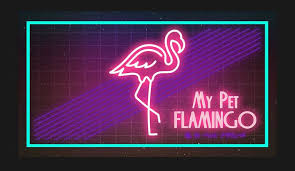
All images courtesy of My Pet Flamingo/TimeSlave Recordings
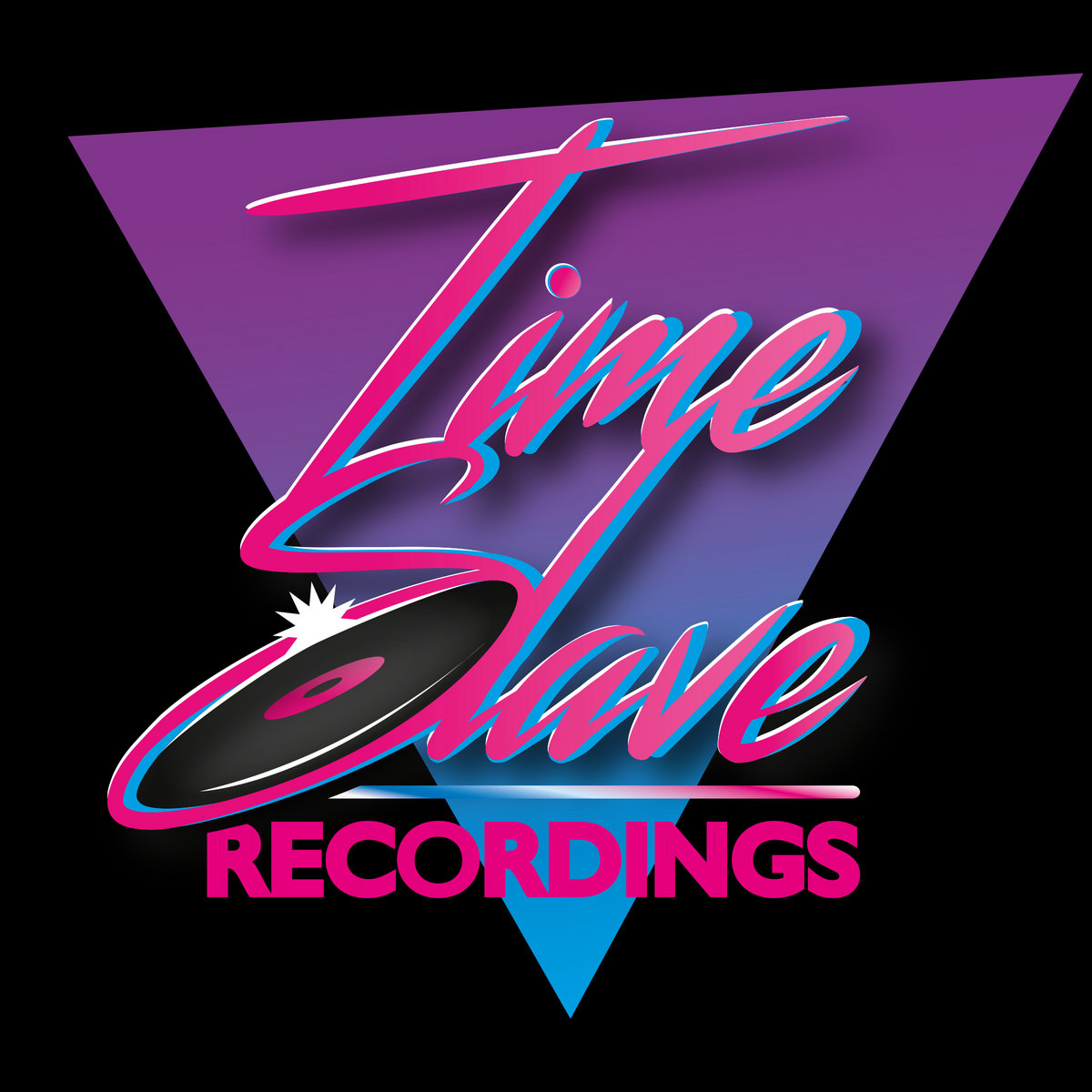
My Pet Flamingo and TimeSlave Recordings are for my money, the premier labels out there today for Vaporwave, Future Funk, and Synthwave music on vinyl and cassette. Sure, it’s true that there are a lot of labels out there doing what Jay and Enzo (the founders) do, but simply put- no one does it better. I firmly believe that MPF and TSR are a cut above in quality of product, customer service and in terms of their active roster of artists. The label(s) themselves have been around for a few years now and in that time, the label has perpetually put out stellar albums, some of which are absolutely essential to any Vapor/Synth/Electronic collection regardless of which format you collect. Albums from the likes of waterfront dining, Tupperwave, Saint Pepsi, TimeCop 1983, VHS Dreams, and more are some of the finest the genre(s) have to offer. Today, I’ve got both the masterminds behind these incredible sister labels with us today. Both Jay and Enzo are really cool and hardworking people, and I was happy to get to know them a bit better. If you’d like to learn more about My Pet Flamingo as a label, you can head over to their Bandcamp here and if you’re interested in the Synth side of things, then head over to TimeSlave Recordings Bandcamp here. Once you’ve done that, give this interview a read. Enjoy.
Andrew:
Jay & Enzo, thank you so much for taking the time to speak with us here. Tell us about your backstory. How did you get into music? What was your musical gateway so to speak?
Jay:
For me it started early, I guess. Our mum put instruments in our hands from a really early age and I was learning guitar from about 5 years old. But I think the moment I realized I wanted to be a musician was watching Sonic Underground, I guess I wanted to be a blue ax-wielding hedgehog. I used to attend a music school as a kid and pretty much throughout my teens I was in bands of some sort, mainly Metal. It was my brother who introduced me to the idea of producing Electronic music after he got into Synthwave.
Enzo:
I actually taught my brother guitar for a while, but within about 6 months he’d far exceeded my talents and left me for dust in that respect. I’ve always been more into mixing and I grew up spinning Jungle and Hardcore vinyl, including some stints on Pirate Radio in London. Music has always been at the heart of our family though and looking back now it seems almost inevitable that we’d find a way to forge a career in it eventually.
Andrew:
Over the last several years or so, you’ve released a lot of incredible music under My Pet Flamingo, which has a focus on Vaporwave. How did My Pet Flamingo get started?
Jay:
By this point, we’d set up TimeSlave Recordings, which had always been a Synthwave-focused label. But even during that time, we’d thought about broadening the scope of the label to include Vaporwave. There’s a lot of crossover in the audiences of both genres, and we released Noice by waterfront dining which went down really well.
Enzo:
It’s true that waterfront dining was our gateway drug into Vaporwave, and we’ll always be grateful to him for taking a chance on releasing him through a Synth label. In that sense, he’s part of the reason that MPF came about.
It took a long time to come up with a name, and I was on holiday with my partner on a beach in Mexico when a flock of Flamingos flew past us. It was such a beautiful thing to see, and we were in a bar later that day when the name just appeared to me. My Pet Flamingo was born and the rest is history.
Andrew:
In addition to MPF, you guys also run its sister label, TimeSlave Recordings, which is equally awesome and focuses on Synthwave. Can you tell us more about that as well?
Enzo:
Would it be too cliche to say that I saw Drive and was inspired? A mate of mine, who does the packing for both labels, made me watch it. In fact, I think we watched it a few times and fell down a rabbit hole on YouTube of Timecop 1983 playlists and New Retro Wave videos. I kind of made my brother get involved, because he had a better grasp of production, and we set out to replicate this 80s inspired sound. It was only ever supposed to be a YouTube channel.
Jay:
I actually hated Synthwave at first. It was quite a culture shock for a Metal fan to hear for the first time, but it worms its way into you and like many other Metal heads, I just fell in love. We were working with a friend of ours who runs Retro Reverb Records now, just putting tracks together. They’re pretty basic to listen back to now, but the idea had formed and we haven’t really looked back.
Enzo:
TimeSlave really kicked off when we released FutureSounds Volume 1, which was a charity compilation featuring tracks from a load of generous artists who were willing to share music for a good cause. Having them on board gave us a bit of a following on Bandcamp and it just kicked on from there. I think credit has to go to the likes of Timecop 1983 and Droid Bishop for being so generous with a start-up label because we wouldn’t be here otherwise.
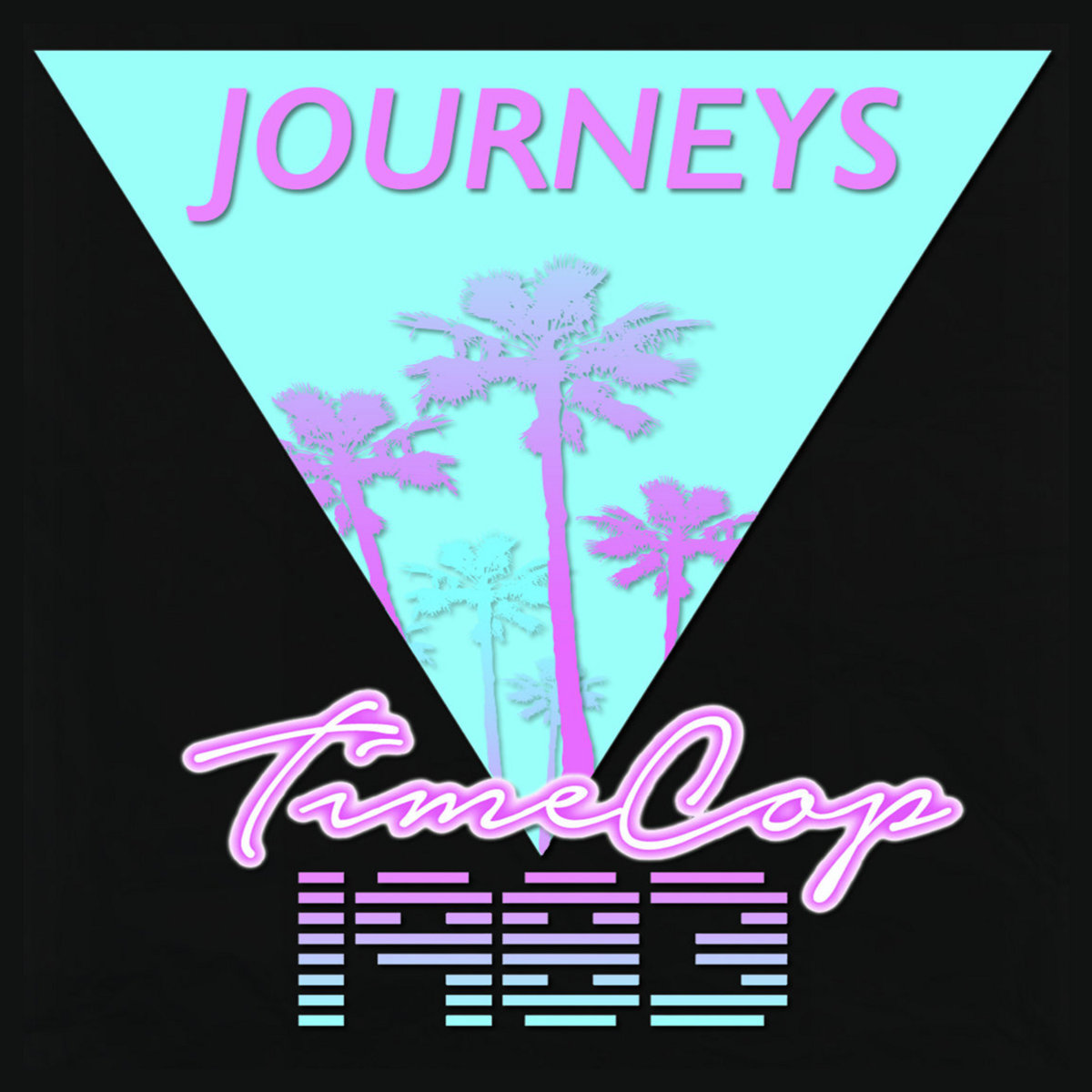
Andrew:
You guys often describe yourself as “brothers and best friends.” What’s it like running a label together?
Enzo:
It’s the dream, surely? We’ve always been close, but the main thing with running a small business is trust and being able to rely on people to care as much as you do. It also helps that we have very different skills. Whereas I’m perhaps more entrepreneurially minded, he’s the musically talented one and our strengths complement each other and help to reduce the impact of any weaknesses we might have.
Jay:
We’ve also got different tastes in music and aesthetics, so we tend to identify passion projects and just lead on them. Even when we do have rows, which is inevitable when you’re pretty much on call 24/7, we’re good at resolving it quickly and laughing it off. I can’t imagine doing this with anyone else, we’re such a good team.
Andrew:
In my opinion, all of the releases from both MPF and TSR are done right. You’ve got an incredible roster of artists, which seems to be growing by the day. You press well. You package well and you ship well. Where do you press your records? Where there any experiences you had that influenced your decision to pursue the level of quality you have today?
Jay:
We’ve used a number of brokers for vinyl, but because of where we are based in Europe, GZ appears to be the dominant plant. In terms of cassettes and MiniDiscs, we regularly use the Audio Tape People and Bandcds who both do amazing stuff.
Enzo:
Packaging is always a tricky issue. Whiplash mailers are the best, but they’re not available in the UK easily, and you can’t really account for the postman who wants to fold a record in half and put it through the mailbox. Most importantly though, we always listen to feedback from people and it’s in our best interests to produce the highest quality we can and to get things as safely and quickly as possible to customers.
Andrew:
Two of the biggest issues in the Vaporwave community are FOMO and scalpers. These releases are all so limited, and the prices get insane in the aftermarket. What I love about MPF and TSR, is that you make all the albums people want readily available, and at fair prices to boot. Was there always a conscious effort to try and thwart the scalpers?
Jay:
I don’t think we realized that scalping was such a big thing until we started doing Vaporwave. Some records just sell out in a flash and they’re often on Discogs before you’ve even marked them as shipped on Bandcamp.
Enzo:
This is one of the things we’re most asked about and people have really strong feelings, as you can imagine. If it’s limited edition people can miss out; but at the same time, if it’s an open pre-order then customers have to wait for ages.
We took the decision early on not to do pre-orders unless we have to, because it’s bloody frustrating having to wait for months on end, and as COVID has shown, things can be seriously delayed without notice.
Jay:
We’ve also seen some releases not selling as quickly as expected and been sat on stock for months, which locks up space and money. The best compromise in our humble opinion is to scrap pre-orders and make represses available when the demand is there.
Enzo:
Pricing is tricky too, because we are investing thousands of pounds at a time on a vinyl pressing, and we have to try and strike a balance between keeping prices reasonable and ensuring that artists receive a fair return on an album they’ve put a lot of work into.
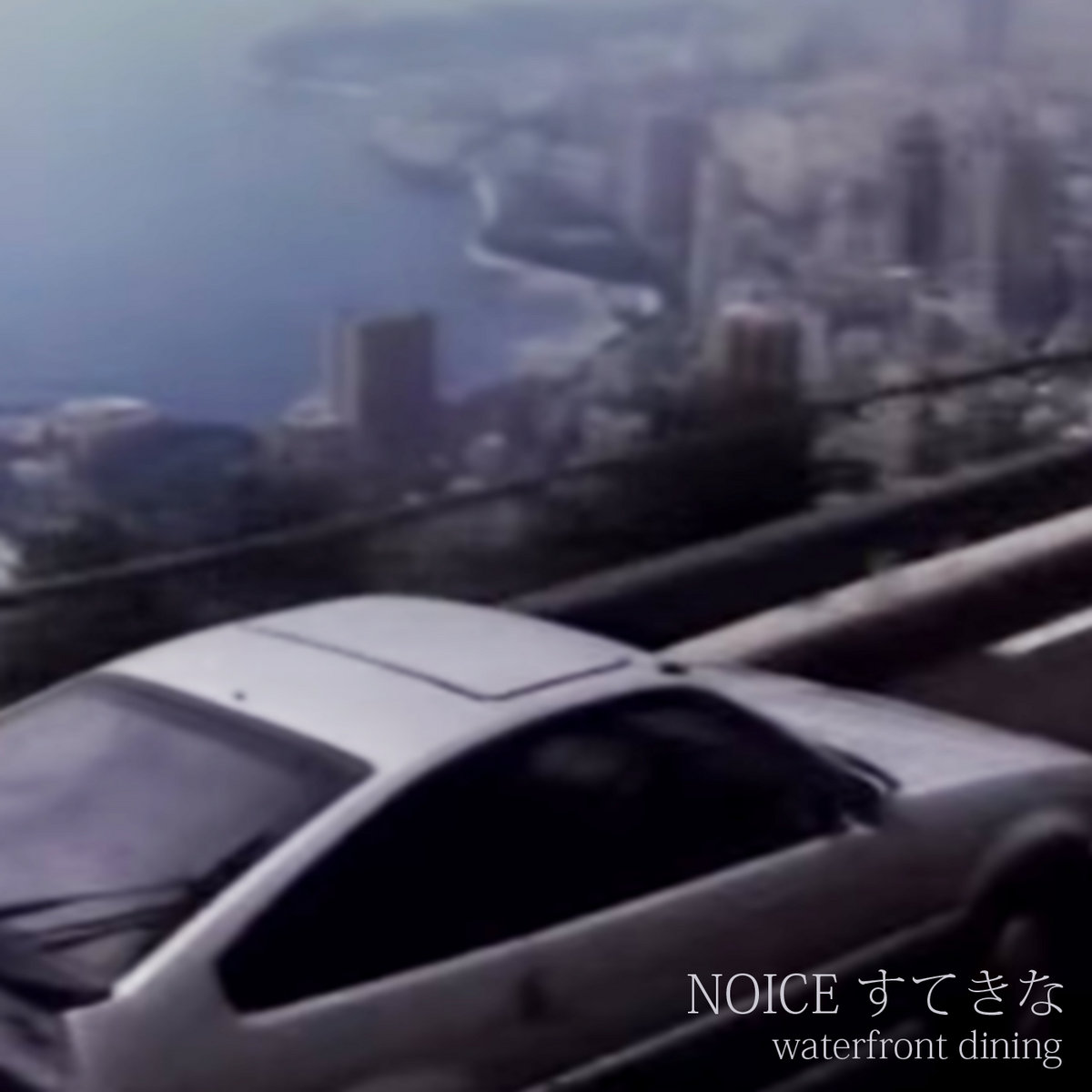
Andrew:
As you probably know, quality control is an issue throughout the vinyl industry. I’ve personally purchased many records through both MPF and TSR, and the quality is always top-notch. Furthermore, you guys always make it right 100% of the time if there is a rare issue. What are your thoughts on quality control in the industry today, and what’s your QC process like?
Jay:
We hold an archive of all releases that we put out, so we’re always quick to randomly sample a number of copies in any run. It’s trickier with sealed vinyl, but we still check copies and we always hold back 5-10% of any release to handle any complaints we might end up with down the line.
Enzo:
Fortunately for us, we’ve got a proper storage unit that keeps vinyl at an appropriate temperature, and we pack orders with solid mailers and card stiffeners. But I wouldn’t say that I’ve witnessed any terrible quality from other labels. We’re both fans so we buy a lot, and swap copies with some labels, and I think everyone is trying their best to put top-quality physicals together.
Andrew:
Shifting gears here, is there anything within the industry that you would like to see change for the better? What improvements would you like to see that you feel would be beneficial to us all within the vinyl community and general music communities alike?
Jay:
I think what Bandcamp has done during COVID has been phenomenal, and no doubt they’ve gained a shit load of new users to their platform as a result. Everyone’s a winner there, and waiving fees for a day of each month has been amazing for small businesses like us and for all of the self-releasing artists out there. If only Spotify and their competitors would do the same…
Enzo:
The lingering issue in Vaporwave, and to a lesser extent Synthwave, is the question of sampling and sample clearance. It’s pretty easy to get a license for covers and given the ubiquitous nature of sampling in Electronic music, it’s not beyond the wit of man to come up with a system that makes that side of things easier.
Andrew:
Vaporwave is a hard genre to pin down. It’s everchanging, but people always like to put things into boxes. What are your thoughts on that, and on the idea of genres in general?
Enzo:
I thought Vaporwave was dead? We’re listening to Vaporwave 7.1.2 now aren’t we? Good music is good music, period. But genre tags make it easier for people to find similar music, and to discover new artists. Genre hashtags on Bandcamp, for example, are the equivalent of a Billboard Chart for Vaporwave fans and make it so much easier to spot new music that’s come out.
Jay:
From a business perspective, genre labels are pretty helpful and George Clanton has said similar things about Vaporwave as a genre. Ultimately, though, this is an experimental art form and so long as people keep pushing the boundaries of what it is to be a Vaporwave producer, we will all benefit.
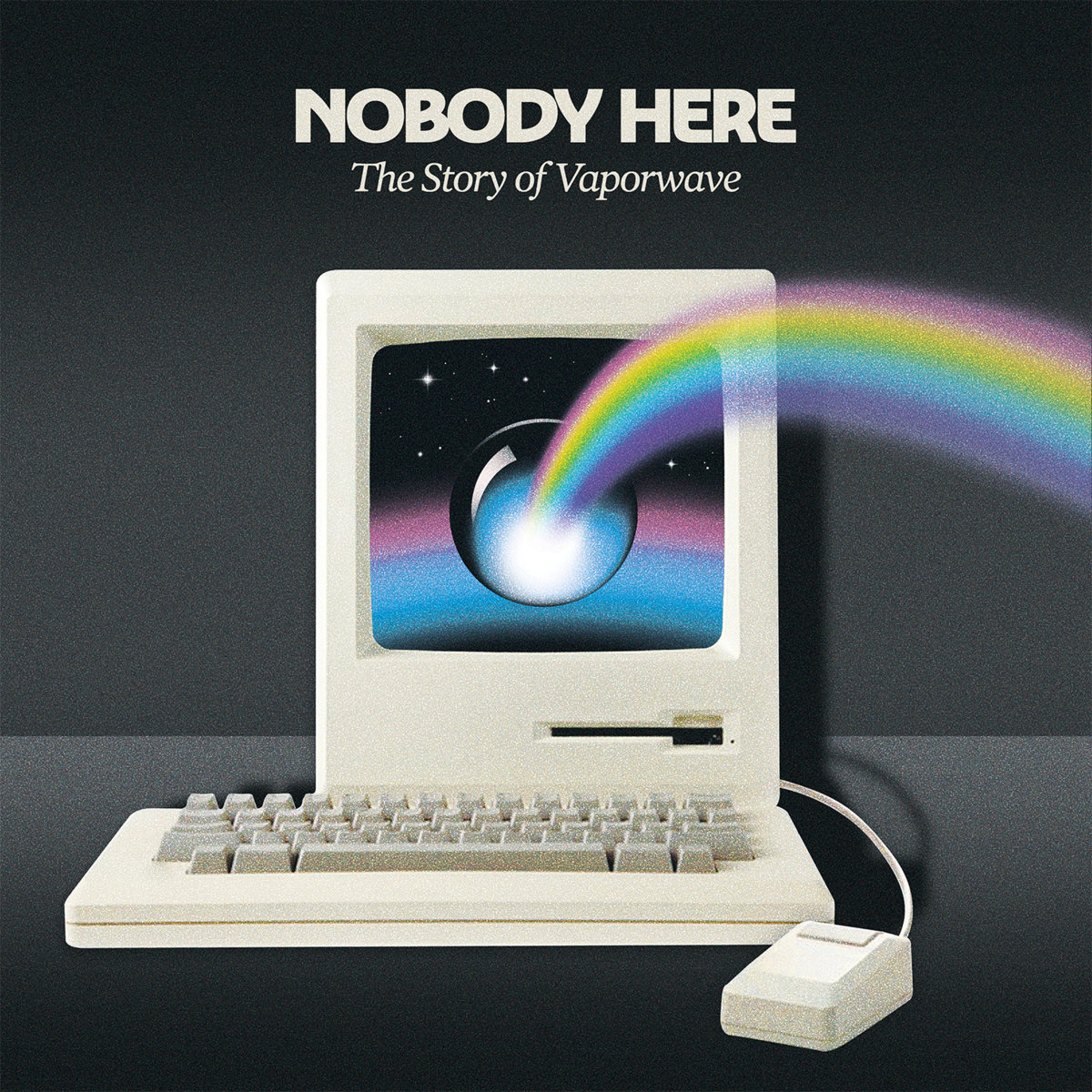
Andrew:
You guys play a pretty significant role in the upcoming documentary, Nobody Here – The Story of Vaporwave, and if I am not mistaken, MPF pressed the soundtrack. What can you tell us about that?
Enzo:
We had the idea for the film after watching the Rise of the Synths documentary in London a year or so ago. Vaporwave is such an interesting story to tell, and it feels like a good time to be doing that now, a decade into its existence. We have a good friend who is a talented documentary maker, and with the team that we’ve all pulled together, I think we’re going to be able to create something really special that’s genuinely fan-driven.
Jay:
We’ve been talking to a lot of the artists involved already, and whilst flights are currently off limits due to COVID, we have been able to conduct preliminary interviews with a large number of people who will appear in the film. In terms of the music itself, the companion album was released as a crowdfund and we’ve got to thank the artists involved.
The soundtrack itself is going to be scored and curated by me, with Thom Hosken – we produce together as Donor Lens. However, we’ll also be working with some of the artists in the film to create the soundtrack itself.
Andrew:
Vaporwave has existed in digital forms for a long time. What do you think of the rising wave of support for vapor-vinyl over the last few years?
Enzo:
The scene has changed a lot, and understandably there will be artists from the scene’s early days who feel less comfortable with any perceived “commercialization” of the scene. But I do see it differently, and I think the emergence of physical formats is a justified and predictable response to the demand of collectors and fans out there who want to hold something tangible.
Jay:
Vaporwave is as much an art form as it is a genre, and physical products are an opportunity to showcase the aesthetic side of the scene. There is, potentially, more money to be made from cassettes and vinyl than from the scene’s early history of file sharing. But if you’re a fan of an artist, why wouldn’t you want them to earn a modest income that could free them from a stifling day job and allow them to spend more time exploring their creative potential?
Andrew:
The way I discovered Vaporwave was mostly through Bandcamp and Reddit. What are your thoughts on the importance of both Bandcamp and Reddit for Vaporwave, and Indie music in general?
Jay:
The VaporVinyl sub has been transformational for us as a label, and Eric Hughes’ early group buys helped to establish us amongst vinyl collectors. Reddit generally is such a good way to engage directly in a grassroots way with fellow fans and enables us to get a message out quickly and directly. It’s a truly democratic platform, and it’s not mediated in the way that blogs and magazines are, which means its fan driven.
Enzo:
As a fan, I’ve used Bandcamp way more than Spotify in recent years because I can stream my entire collection from an app and I know the artists are going to get paid properly when I buy an album. I’m not sure what their numbers are now, in terms of users, but there’s no doubt that they’ve blown up in a big way and helped smaller artists access new fans and provide a simple, cost-effective way to share merch.
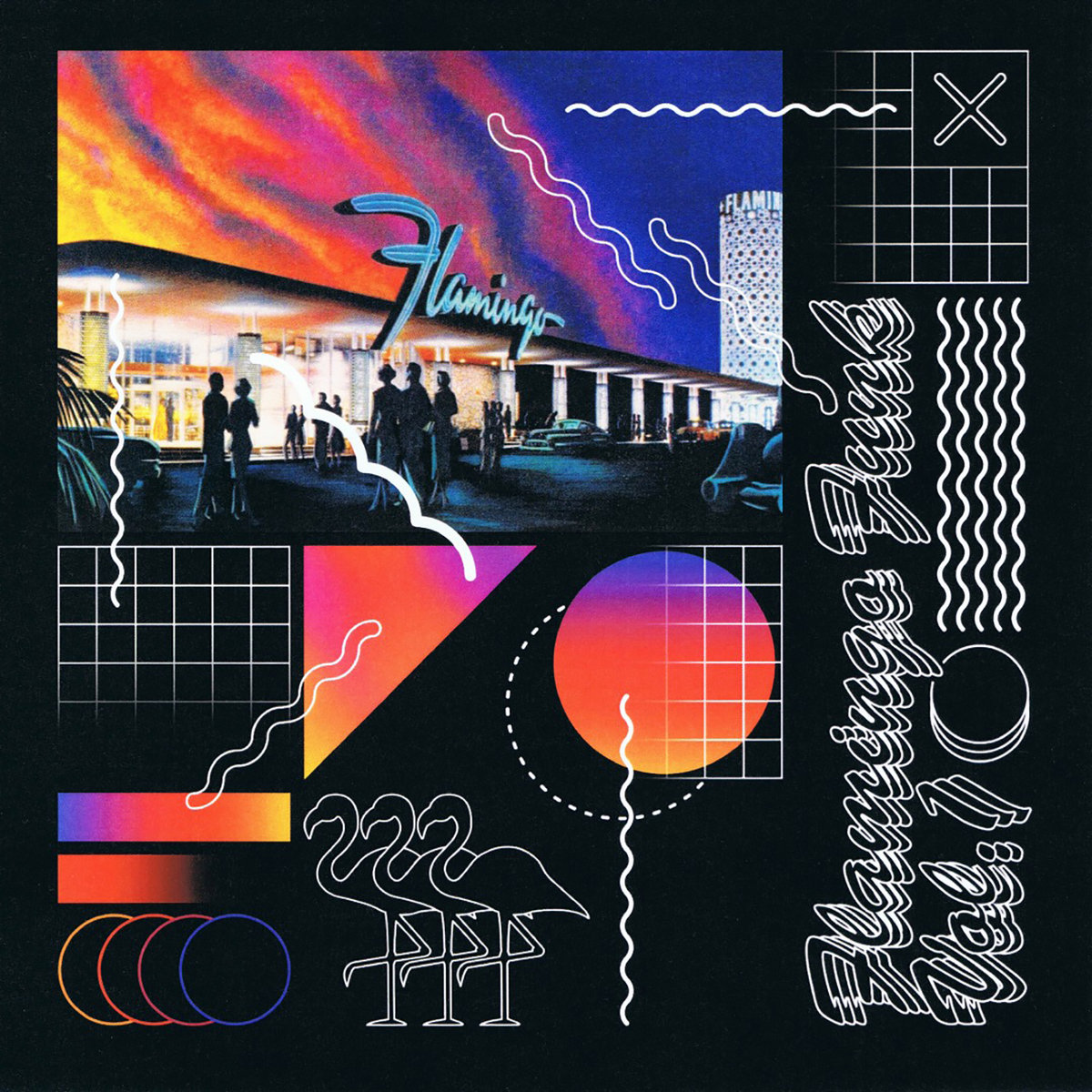
Andrew:
Another interesting development in the Vaporwave community has been the sudden resurgence of cassettes. Did you see that coming?
Enzo:
I think cassettes have always been a big thing in Vaporwave, and they were certainly the first break-out format. I’ve seen early Macintosh Plus and Ecco Jams tapes going for serious money online, which is mad when you think about how many Walkmans must be sat in landfills.
The bigger surprise was the emergence of MinIDiscs. We put the first Vaporwave MiniDisc out and I still can’t believe how much that side of things has grown. MiniDisc was barely a thing outside of Europe, and even there it was killed off almost immediately by the iPod.
Jay:
The music plays on nostalgia heavily, so it’s natural that people will look to the formats of that time. I also think Cassette Culture lends itself well to Vaporwave because so much of the music is DIY and tapes can be produced relatively easily at home.
Andrew:
This might be an obvious question, but do you collect vinyl? Tapes? CDs? Or are you all digital now? If so, what are some albums that mean the most to you? Where do you like to shop for music?
Enzo:
I’ve always collected vinyl and I’ve still got my parents’ collection, which mainly consisted of Stones and Beatles records. I still treasure the early rave records I bought when I was starting out as a DJ too, and a healthy collection of Synthwave and Vaporwave wax. I have a few really special records: the signed copy of Hit Vibes that Ryan (Saint Pepsi) gave me in New York, a Rad Rush Records compilation that my brother got me for my birthday a few years ago; and without question, my original copy of The Small Faces.
Like most people, I buy online, through Bandcamp, eBay and Discogs, but I still love to visit record shops in person and Kelly’s Records in Cardiff Indoor Market is a beautiful shop. If you’re ever in Wales, you should head over to them and of course to Spillers.
Jay:
Until we started the label, I’d never been massively into vinyl. I grew up with a huge CD collection, but my iPod was my most prized possession as a kid and it wasn’t until a few years ago that I really started collecting vinyl and cassettes.
I guess my most prized record is the lathe cut we did in the early days of TSR which was one side my music as Kid Neon, and the other side my brother’s as Enzo Van Baelen. That was the first time either of us had made it to wax.
I was also in a band with some friends called November Veil, that we started when we were like 12 years old. They got me a copy of one of our old EPs cut for my birthday last year, which was amazing. Other than that, I have a copy of Blossom by Frank Carter and the Rattle Snakes, which is one of my favourite albums of all time.
Andrew:
It’s been a crazy year. Once COVID-19 dies down, what’s next for MPF and TSR in the future?
Enzo:
Live events, for sure. Both in terms of Synthwave and Vaporwave. Flamingo Fest was a huge success online in September and we’re going to team up with Indy and the rest of the gang to put on some proper shows around the world. We also need to finish this film and keep pumping out amazing releases. Wait ’til you see what we’ve got in production for the first half of 2021.
Jay:
A lot of our plans are contingent upon the world getting back to some kind of normality, but I think our main focus is going to be on constantly trying to improve everything we do. And to keep working on finding new talent and interesting ways to showcase the Vaporwave and Synthwave scenes.
Andrew:
Last question. You’ve always embraced the DIY approach to music and your label(s). What advice do you have for anyone trying to get their start?
Jay:
You have to be thick-skinned at times, but the most important advice that I’d give to someone starting out is to always be open to feedback. That’s how you improve and develop. I’d imagine anyone seeking to break into music is already the kind of person who’s willing to take a punt on themselves anyway, but I think it’s easy at times to look at more established labels and imagine that it’s going to be impossible to reach that stage but it really isn’t. When we started out we could barely afford to do a run of twenty cassettes.
Enzo:
It’s obvious, I guess, but there really isn’t any substitute for hard work. Our dream was always to turn the business into a full-time job so that we could work in something that we believe in, and that took years and loads of sleepless nights and hard work. Luck is a factor in anything, but every single Vaporwave and Synthwave label out there was born out of passion and dedication, which shows that graft will take you a long way.
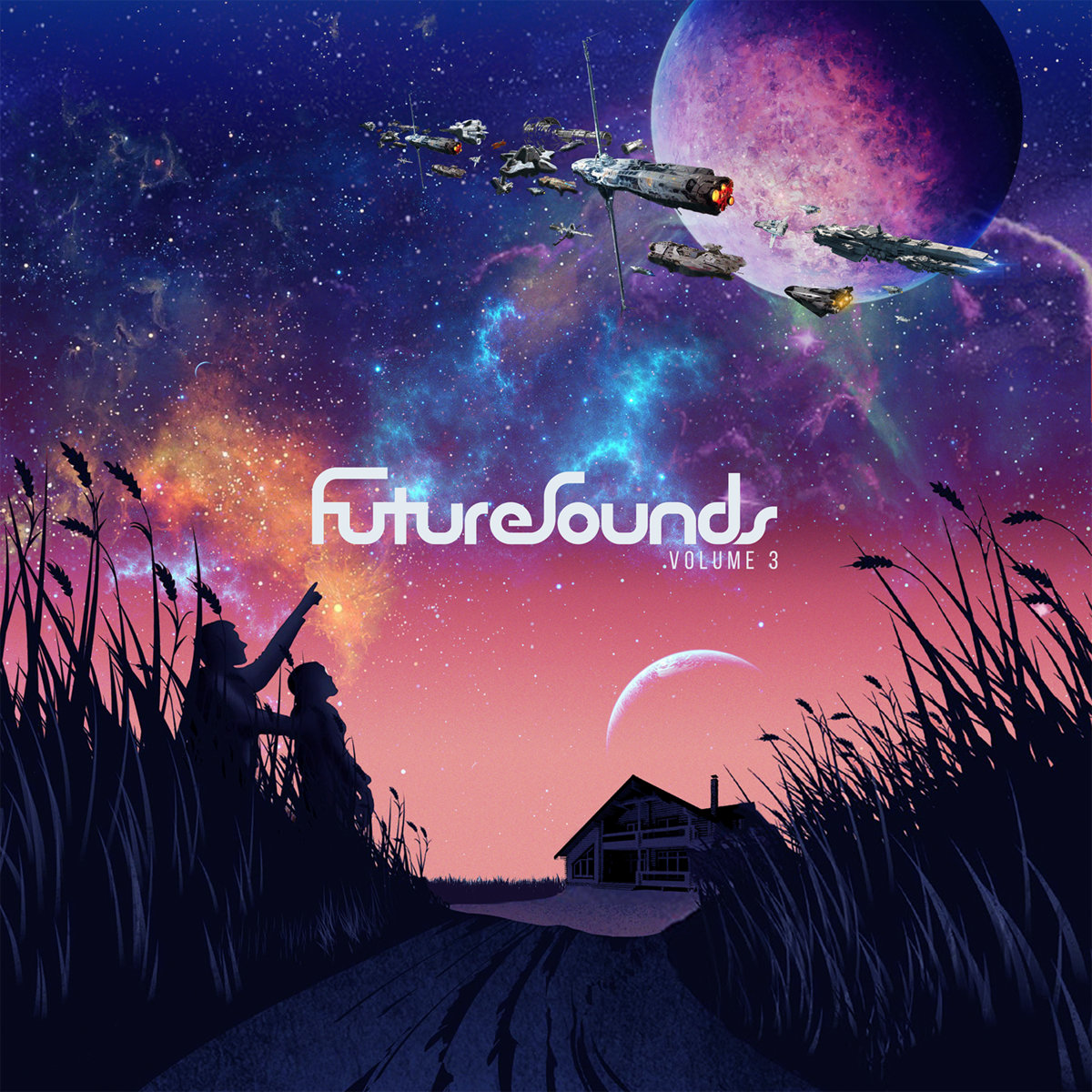
Dig this interview? Check out the full archives of Vinyl Writer Interviews, by Andrew Daly, here: www.vinylwritermusic.com/interview
